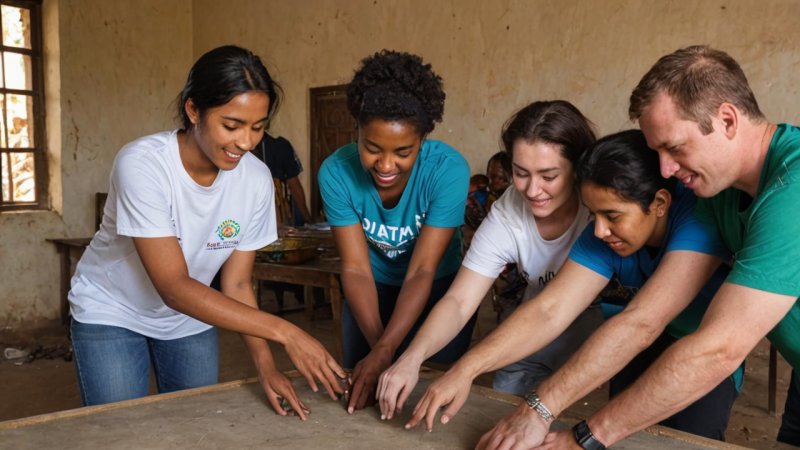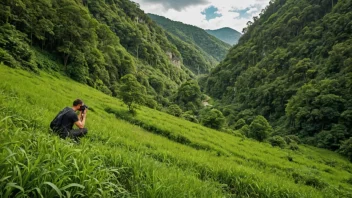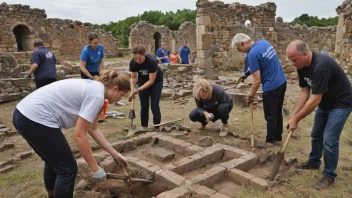Volunteering abroad offers a unique opportunity to give back while immersing yourself in a different culture. However, understanding and preparing for cultural differences is crucial to ensure a respectful and impactful experience. This guide will help you navigate the complexities of volunteering in a foreign environment.
First, it’s essential to research the culture of the country you plan to volunteer in. Understanding local customs, traditions, and social norms can significantly enhance your experience and help you connect with the community. For instance, greetings can differ widely; in some cultures, a handshake is customary, while in others, a bow or a kiss on the cheek is more appropriate. Learning these nuances can set a positive tone for your interactions.
Another key aspect is language. While you may not be fluent, learning basic phrases in the local language can show respect and willingness to engage. Simple greetings, polite expressions, and essential vocabulary related to your volunteering role can go a long way in breaking down barriers. Consider using language apps or enrolling in a short course before your trip.
Adapting to local customs also extends to understanding social structures. In many cultures, age and hierarchy play significant roles in interactions. Being aware of who holds authority in a group and how to address them can prevent misunderstandings. Familiarizing yourself with local gender roles and family structures will also help you navigate social dynamics effectively and respectfully.
It's equally important to remain open-minded and flexible throughout your volunteering journey. Cultural differences may manifest in unexpected ways, from differing work ethics to contrasting approaches to problem-solving. Embrace these differences, and be willing to adapt your expectations and methods. For example, what may seem like a lack of urgency in completing tasks could reflect a different perspective on time and relationships.
Moreover, engage with local volunteers or community members. They can provide invaluable insights and help bridge cultural gaps. Building relationships will not only enrich your experience but also enhance your understanding of the local context. Actively listening and observing how locals interact can provide lessons that textbooks simply can't offer.
Finally, reflect on your experiences and be mindful of your impact. Volunteering is as much about learning as it is about giving. Take time to consider how your actions resonate within the community and strive to leave a positive legacy. Acknowledging and respecting the culture you are part of will contribute to a more meaningful exchange.
In conclusion, preparing for cultural differences while volunteering is fundamental to creating a positive and respectful experience. By researching the local culture, learning the language, understanding social structures, remaining flexible, engaging with locals, and reflecting on your impact, you can ensure that your volunteer work is both effective and enriching. Embrace the journey, and you’ll not only contribute to the community but also grow personally through this unique experience.






